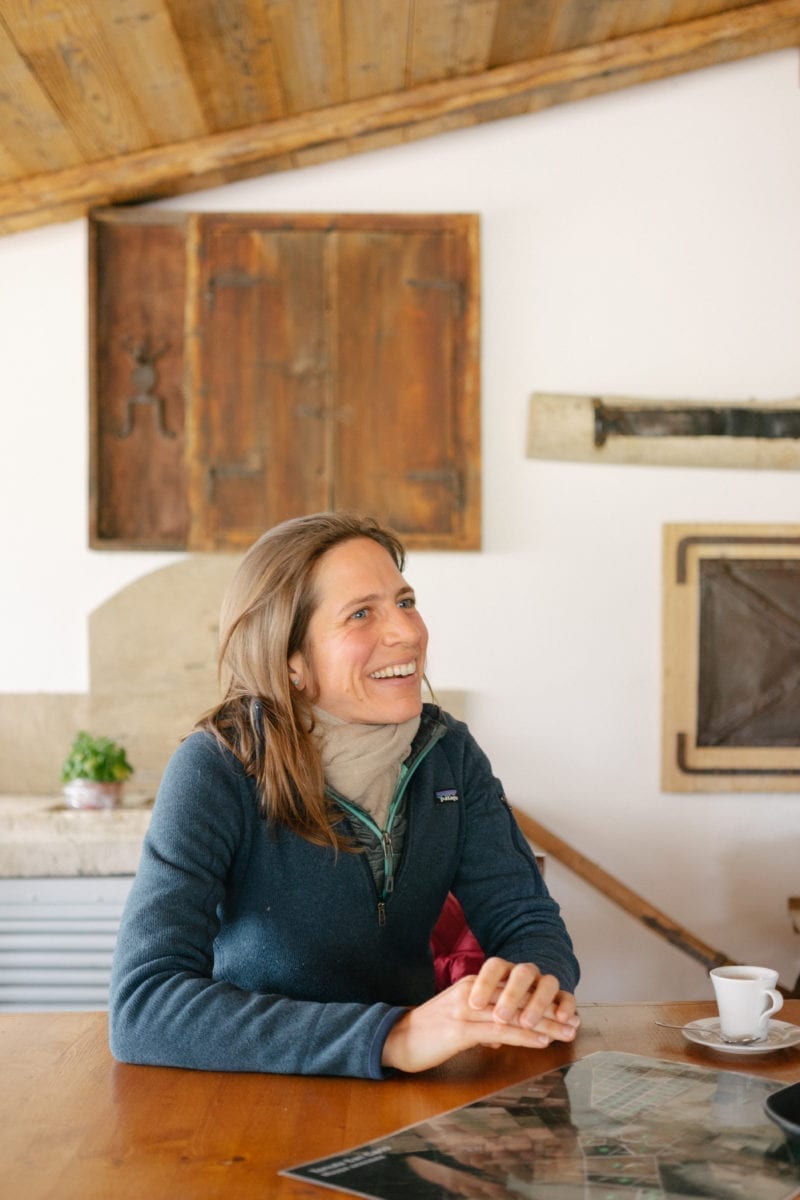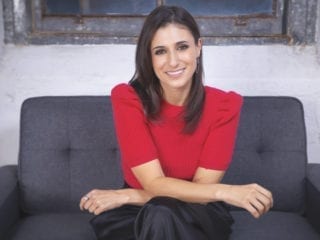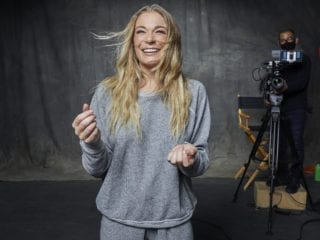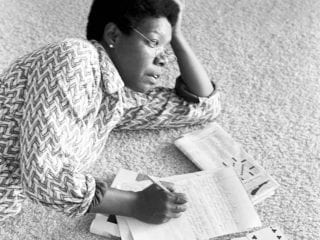“Real Women, Real Work” is a Darling series about everyday women who work in various fields including business, entertainment, science and education. We want to get to know the WHY behind their WHAT and get an inside look into different industries.
From her native New York City to a small town in the Italian countryside where she now manages an organic farm, Ariane Lotti’s career path is far from ordinary.
During her junior year of high school, while participating in an environmental studies program, Ariane learned about sustainable agriculture theory. Since then, she has dedicated her life to working on models of sustainable food production. Her career in organic farming has taken her to big cities, political arenas, nature reserves, farms and, finally, to Grosseto, a rural province in southern Tuscany along the Mediterranean coast, where she acts as farm manager at Tenuta San Carlo.
“The careers deemed as ‘successful’ when I was growing up included being a doctor, lawyer or businesswoman,” Ariane explained. “After my experience in high school with the environmental studies program, I realized that the interest I had had as a child in environmental protection could become a career.”
The careers deemed as “successful” when I was growing up included being a doctor, lawyer or businesswoman.
As a first generation Italian-American (her mother, American and her father, Italian), Ariane spent ample time in both the United States and Italy throughout her childhood and young adult years. She spent many summers at Tenuta San Carlo, land that has been in her family for four generations. In 2014, as her relatives considered selling the land, Ariane decided to take on the family business and care for the land.
Her sister, Samantha, previously managed Tenuta San Carlo and converted some of its historic buildings into rental apartments for guests. Today, Samantha continues to run the hospitality side of the agri-tourism business, while Ariane has undertaken the task of transforming Tenuta San Carlo in order to obtain organic agricultural certification for all crops grown there, especially rice, which her family has cultivated for decades.
Darling spoke with Ariane about what it’s like to be a woman in a male-dominated industry, as well as her unique experience navigating different cultures throughout her intercontinental upbringing.
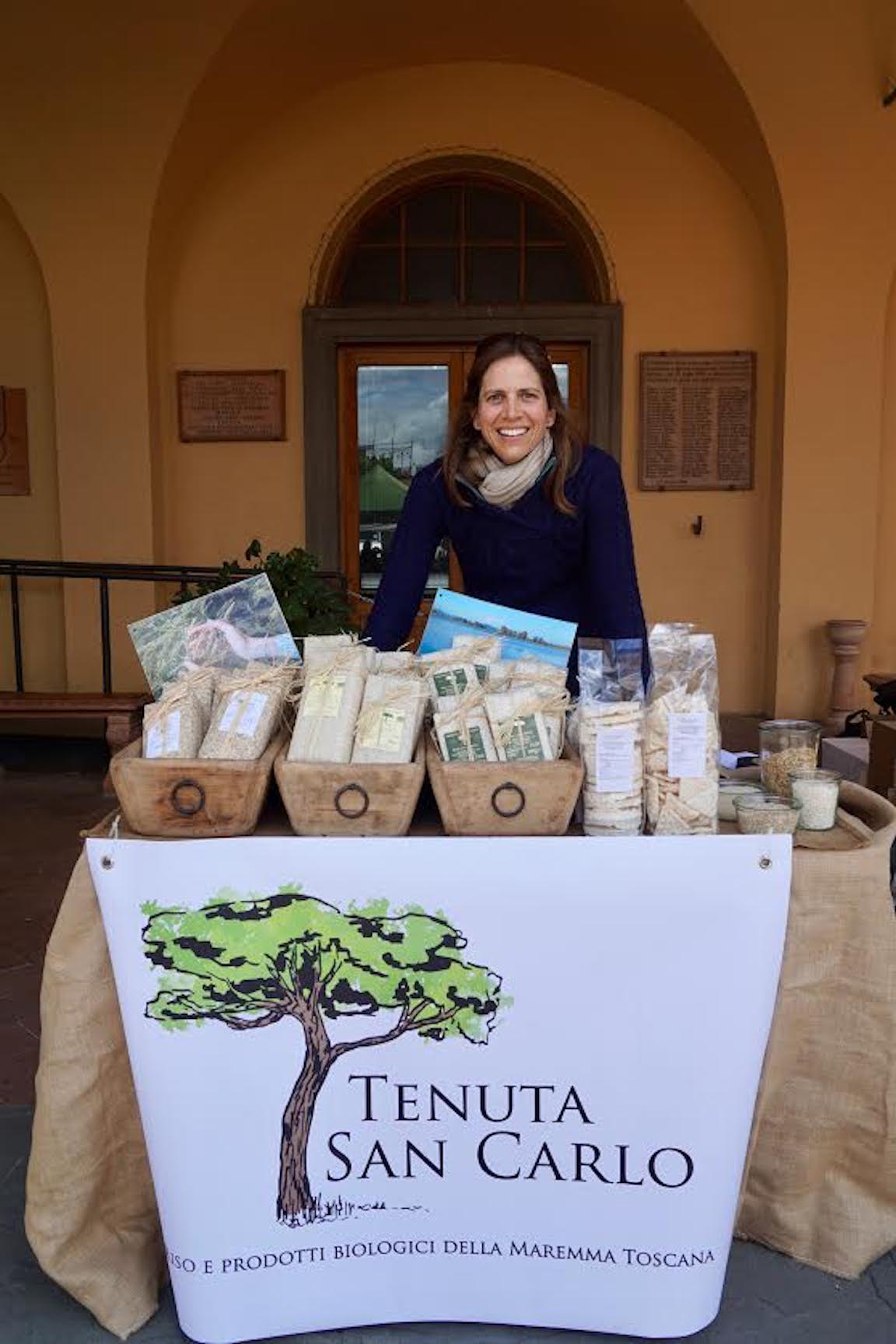
What does your day-to-day work look like as a farm manager?
There is no typical day. I am a small business owner, and with that, I wear many different hats. I manage everything from finances to crop plans to regulatory compliance to employee schedules.
My morning always starts with a check-in with my farm crew, where I set the tasks for the day. Depending on the season, I check up on the fields and determine what needs to be done. A portion of my days is spent dealing with clients, developing products and working on marketing.
I spend a lot of time coordinating planting, field and harvesting activities and getting in touch with my supply chain. I often have meetings related to general administration, regulatory compliance or projects underway with consultants or partners. There is always some piece of machinery that breaks, something that needs trouble-shooting or a cow that is outside of the fencing. So I spend a ton of time on the phone.
What are the most rewarding and challenging aspects of your work?
The most rewarding aspects of my work come with a successful harvest when I eat what I produce and when my team works well. Producing food is so precarious. One bad storm or a year of drought can cause crop failure. When I make it to harvest, I am always amazed at how many things—many out of my control—had to happen to get to that point. I obviously love eating what I produce and sharing that food with people.
When I make it to harvest, I am always amazed at how many things—many out of my control—had to happen to get to that point.
I have had to work hard to find the right people to work with. I am always happy when my team works well, deals successfully with all of the ups and downs and gets all of the work done.
The most challenging aspect of my work is financial management and growing the business at a sustainable rate without taking on too much debt. Farming comes with small margins, and investing in the future while sustaining high fixed costs and managing the risk of crop failure and climate change is not for the faint of heart. This also includes being firm with people who try to rip me off or take advantage of the farm.
Tell us about the rice you grow. What makes it special?
A comment I often receive from people who try my rice is that it tastes like rice. I carefully manage every detail of the process—from selection of rice varieties and field prep, to production and harvesting, to processing and packaging. Every step of the way, the goal is to produce high-quality rice that maintains its natural flavor, which comes from our land. There are no additives used to change the flavor, and our product is as natural as it comes.
I always grow at least a couple of types of rice in one year. Every year, I grow Carnaroli rice, which is the Italian variety ideal for making risotto. It has two important varietal characteristics that are perfect for making a creamy, yet al dente, risotto. The first is the size of the rice grain, which is larger than your average rice. The second is the high content of starch in the center of the grain. The combination of the two means that the rice won’t overcook and will remain firm in the center of the grain while creating the creaminess typical of risotto.
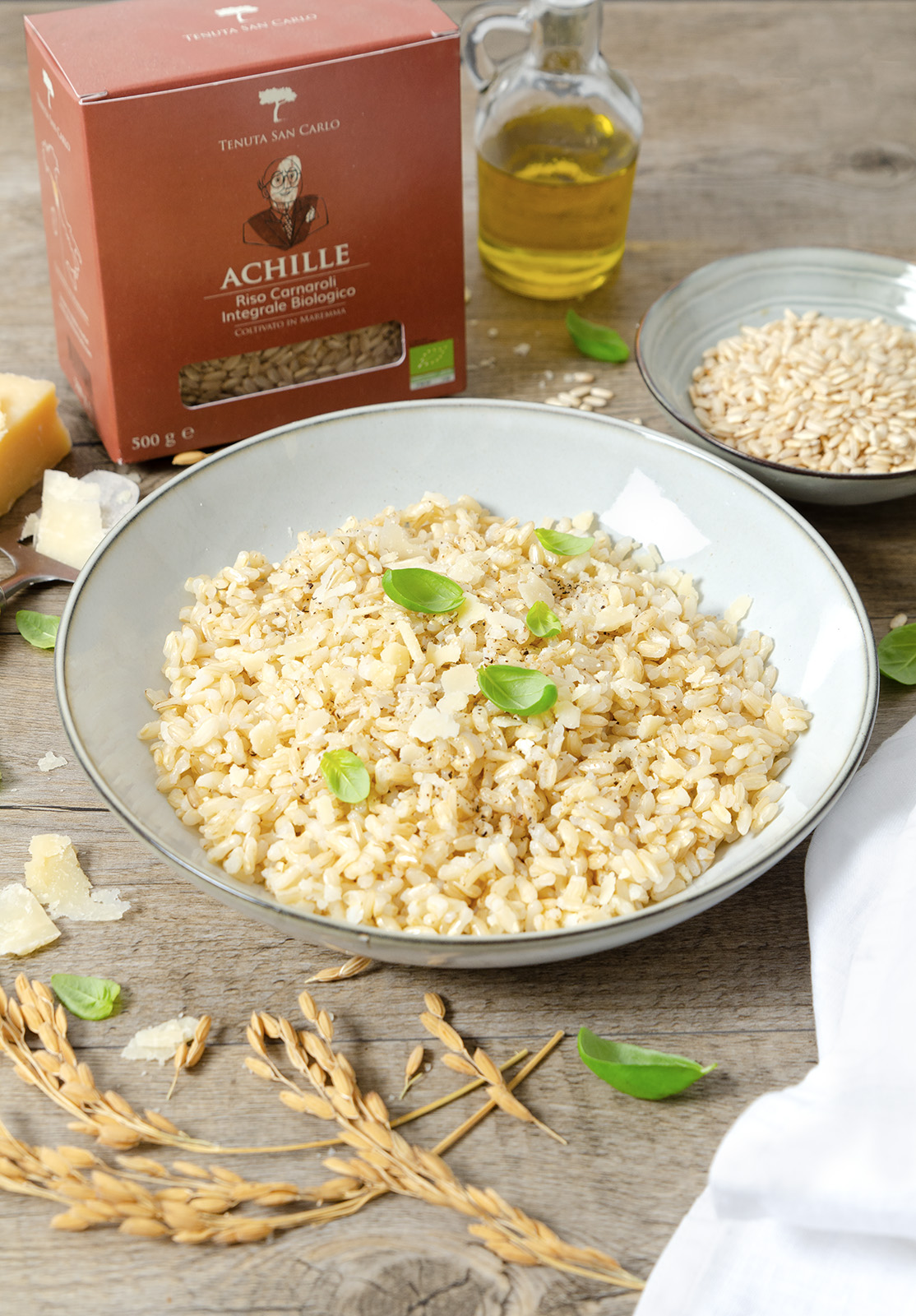
What are some of the key principles that guide how you farm your land?
I see myself as a steward of the land and believe that I have the responsibility to improve it for future generations. The key principle that guides how I manage my land is to work with nature instead of against it. This approach requires listening to and paying close attention to what the land and our surrounding environment do without human intervention and then determining how best to intervene to grow crops.
I see myself as a steward of the land and believe that I have the responsibility to improve it for future generations.
Nature is efficient in its processes and cycles. True sustainability in a place requires understanding what the land already does and integrating food production into it.
Describe your experience as a young Italian-American woman farming in Italy. How does being different from most of the other farmers in your community put you at an advantage or disadvantage?
I have seen my different background primarily as an advantage. Farming in the 21st century requires making a decisive break from the ways of the past and finding new models that can help us manage and mitigate the effects of climate change and global instability.
I still rely on the local knowledge of my older neighbors and community members to understand aspects of why certain crops can grow here and others can’t, but the global experience I have allows me to imagine solutions and ways forward that are not as accessible to people who have lived here their whole lives.
Implementing those ideas is an uphill battle because I am not from here. I don’t know the ways in which things are done. In time, maybe it’ll become easier, but it is difficult because processes for change and business management are different in Italy than they are in the U.S.
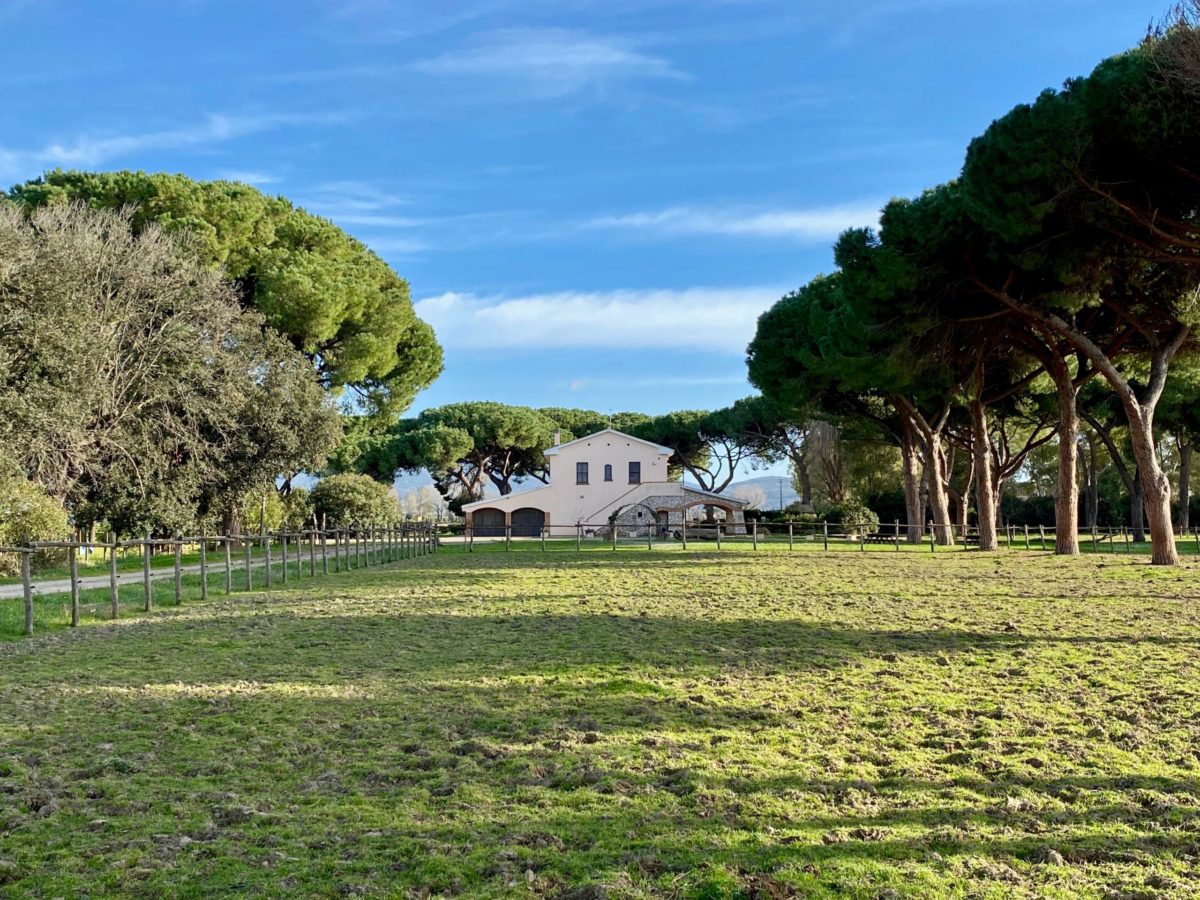
Raised by an American mother and an Italian father, you have straddled two cultures since you were a child. How has this come to define who you are and what has it taught you about life?
My dual cultural background is an important part of my identity. At its best, it means that I am able to navigate and have a fulfilling experience in two different cultures. At its worst, it means that sometimes, even as a farmer, I feel “placeless” and like I don’t have a place to call “home.” The truth is, many people come from many different places and very few of us are tied to one place.
Being exposed and immersed so fully in two different (although related) cultures has taught me that culture matters. It impacts (in a very real way) how people think and act, what they value and how they understand and experience the world. There are many different ways to approach a certain situation, and unless there is an understanding between people that cultural differences deeply impact experience, it can be hard to find common ground. I feel fortunate to come from two cultures, and I try to apply the best of both when trying to live a full life.
Unless there is an understanding that cultural differences deeply impact experience, it can be hard to find common ground.
Many Americans are familiar with the concept of “la dolce vita,” which tends to be tied to the physical experience of being in Italy. What can Americans learn from the Italian approach to life that they can take with them wherever they go?
“La dolce vita” is an expression of core values that the Italian culture holds. It basically means that life should and can be enjoyed despite all of the suffering, uncertainty and pain that occurs in the normal course of living. It is an attribute that makes Italians resilient and able to adapt quickly to new and changing situations.
Americans would do well to learn from this approach to life. It is counter to the obsession that Americans often have with step-by-step process, results-driven and linear thinking. I think Americans get lost culturally or feel more emptiness in the face of uncertainty and questions of meaning because they are disconnected from core values that confer positive feelings in life—like connecting with and loving people, enjoying the small pleasures of the day and taking in all of the beauty of this life.
Before living in rural Tuscany, you lived in New York City and Washington, D.C. How did you adjust to this change of lifestyle? Do you have any recommendations for someone considering relocating from a big city to the countryside?
I did move to rural Tuscany from Washington, D.C., but it is important to know that I had spent several seasons working on farms and living in rural areas after high school and during college. Through those experiences, I learned how to build community in rural areas and that rural areas are vibrant places with lots going on if you know where to look and how to engage.
The biggest cost of the move to rural Tuscany for me personally was the social cost. It has taken years to build a personal and professional network that challenges and comforts me in ways similar to what I had in the U.S.
If someone is considering relocating from the big city to the countryside, then I would recommend not going cold turkey all at once. Start with periods of time, if possible, or experiences that can help you understand what it’s like to live in a rural area. Every place has its advantages and disadvantages and getting to know a new place is kind of like dating. You take steps to learn whether it’s a good fit.
The other thing that is important to know about living in a rural area is that you are not moving there to close yourself off from the world (hopefully!) but to engage in a business or activity that makes you engage with the world. I often think about advice I read from a farmer once about how modern farmers must be both extremely connected and tied to a specific place but that we must also be global in our thinking and our markets in order to address all of the challenges we face.
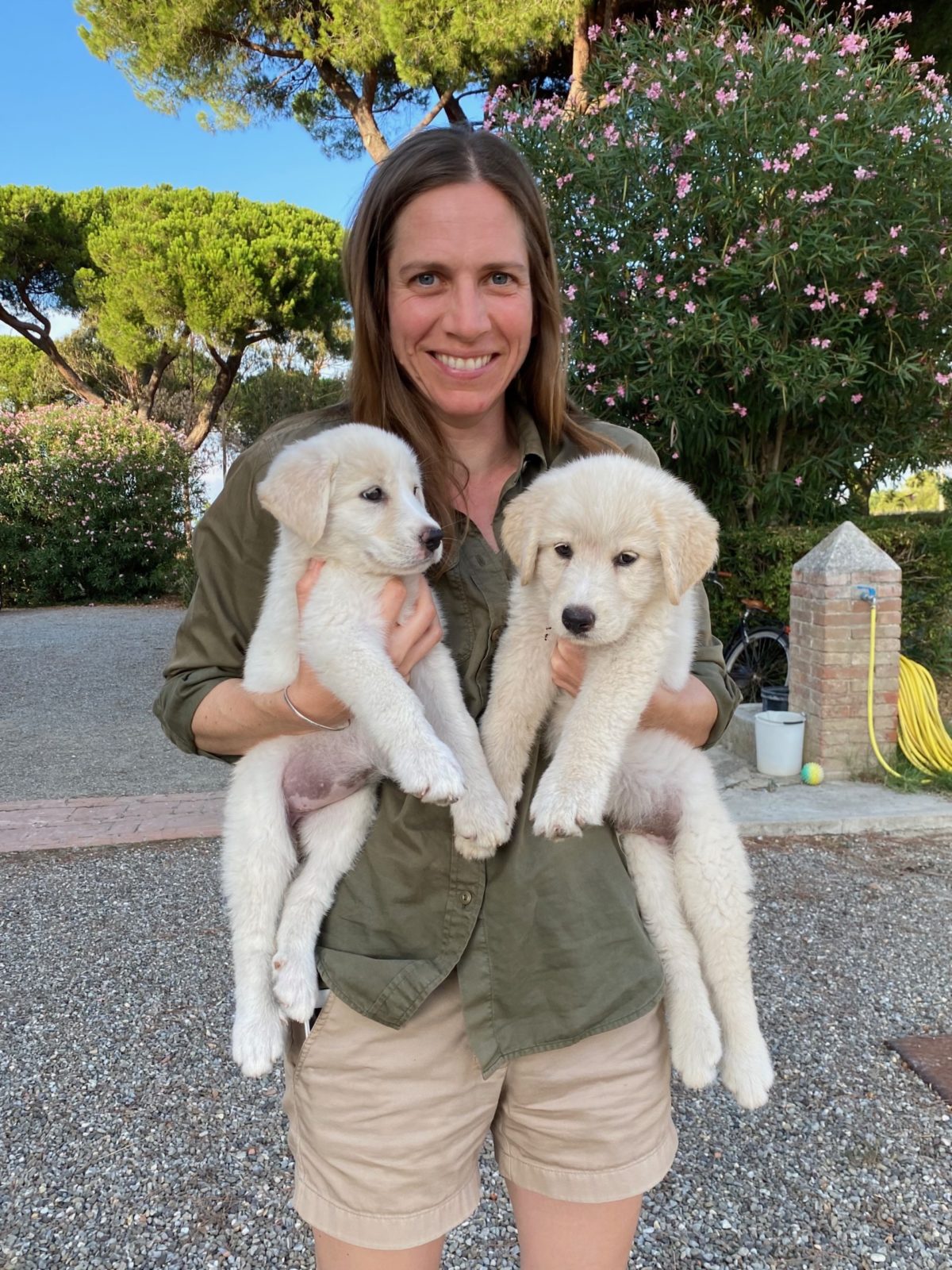
What advice do you have for young women interested in pursuing a career in farming?
Go for it! Many of the world’s farmers are women. There were many women before you and there will be many women after you who will steward the land. And yes, farming tends to be a male-dominated sector. But which sector isn’t once you look at who is in positions of power and decision-making?
Don’t be scared of motors and mechanics. You will learn what you need to know. Don’t be scared of male-dominated farming institutions. You will find people who respect you because you are contributing to the rural economy and livelihood.
Also, don’t be afraid of your ideas, thoughts and experiences. They are your added value. Treat people with respect and fairness, and, in time, you will build a community that treats you in the same way.
Don’t be afraid of your ideas, thoughts and experiences. They are your added value.
Knowing what you know now, what advice would you give to your younger self?
It is a pervasive yet very unfortunate aspect of our culture that women are held to standards of perfection in everything we do. As a consequence, we internalize much of the guilt that happens when we can’t be everything to all people. This guilt creates real obstacles to overcoming fear of failure and of letting others down.
Being an entrepreneur and running any type of business inevitably involves failure and letting others down. You cannot be all things to all people. It’s bad for business and for your health and wellbeing.
As the boss, I had to learn how to shape the business to work for me instead of sacrificing myself for the business. It took a ton of work on myself—on learning how to listen to myself, have faith in my voice and set boundaries. It also took a ton of work within the business, including ultimately changing staff and partners, markets, practices, systems and procedures. Today, the business and I are in a better position to face the uncertainties and opportunities of the future.
To my younger self, I would say, “You will fail. You will make mistakes. You will let people down. You will not please everyone, and it will be OK.”
To learn more about Ariane, follow Tenuta San Carlo on Instagram!
Feature Image via Anna Sarcletti

